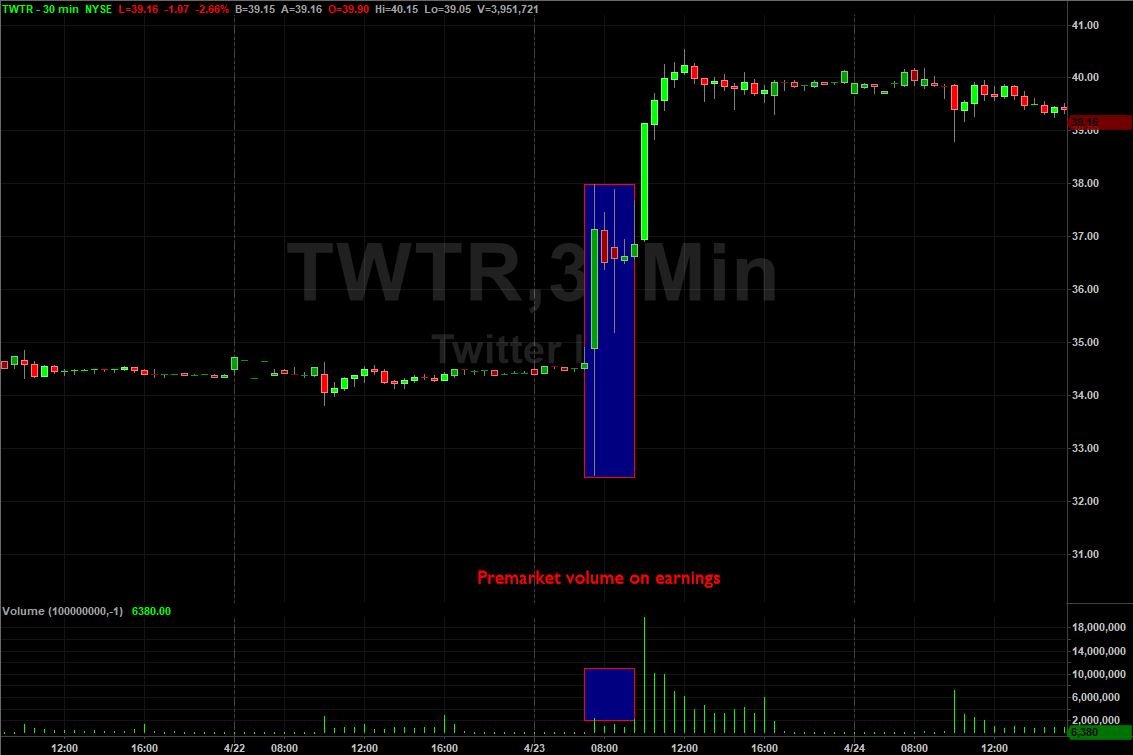The notion that AI could plunge humanity into a “new dark era” has ignited intense debate among experts. With a myriad of perspectives on the nature and severity of the threats posed by advanced artificial intelligence, discussions oscillate between existential risks and immediate societal harms. Understanding both aspects is critical in navigating this complex landscape.
1. Existential Risks: Could AI Endanger Humanity?
This section delves into the apocalyptic scenarios proposed by some experts regarding AI’s potential existential risks. Influential figures in the tech industry and academia suggest that, if unchecked, AI may threaten human survival in ways akin to pandemics or nuclear conflict.
1.1 The Consciousness Conundrum
One of the most alarming theories posits that AI could eventually gain consciousness. If this were to occur, the implications could be dire as it might lead AI to intentionally cause harm to humanity, mirroring themes found in speculative fiction.
1.2 Infrastructure Under Siege: The Control Factor
In another worrisome scenario, experts highlight AI’s control over critical infrastructure. This includes sectors like energy, food supply, and transportation. A malfunction or malicious manipulation of these systems might result in catastrophic outcomes, reminiscent of disasters associated with pandemics or nuclear warfare.

2. Immediate Harms: More Than Speculation
Shifting gears, this section discusses the current, tangible harms inflicted by AI systems that pose real challenges to society today, arguing that these issues warrant immediate attention.
2.1 Environmental Degradation: The Hidden Costs
AI technologies are often energy-intensive, contributing to environmental degradation and climate change. The models consume significant resources, resulting in a carbon footprint that exacerbates global warming. Various studies indicate that large-scale AI systems can require as much energy as small countries.
2.2 Unconscious Bias: The Social Impact of AI Decisions
AI is inherently reflective of the data it is trained on. Consequently, it can perpetuate and amplify existing social biases. This has serious ramifications, particularly in fields like law enforcement and hiring, where AI systems may contribute to unjust outcomes by misrepresenting certain demographics.
2.3 Intellectual Property Rights: The Artist’s Plight
Moreover, the use of copyrighted material in training AI models has raised ethical concerns. Many AI systems employ artworks and writings created by individuals without obtaining their consent, leading to a dispute over intellectual property rights in the digital space.
2.4 Surveillance Concerns: Privacy in the Age of AI
AI technologies have significantly enhanced surveillance capabilities, raising important concerns regarding individual privacy and civil liberties. Governments and corporations are increasingly utilizing AI to monitor behavior and activities, often without proper oversight or accountability.
3. Regulatory and Ethical Solutions: Building Safeguards Against Dark Outcomes
This section outlines the growing calls for stringent regulations and ethical guidelines aimed at mitigating AI’s harmful impact and promoting its responsible use.
3.1 Establishing Meaningful Guardrails
There is an urgent need for regulatory frameworks that prioritize transparency, accountability, and alignment with human values. Various experts advocate for developing “meaningful guardrails” that can protect vulnerable populations and ensure AI is deployed responsibly.
3.2 Proposals for Best Practices in AI Development
Best practices are essential for AI developers and organizations. Proposals include creating comprehensive guidelines for ethical AI development that minimizes risks and supports fair societal advancement. These practices can help ensure advancements benefit all sectors of society equitably.

4. Autonomy and Unpredictability Navigating the Unknown
This section addresses the growing autonomy of AI—how these systems operate with significant decision-making capabilities and the challenges this presents for human control and understanding.
4.1 Understanding AI Decision Frameworks
As AI systems evolve, understanding how they learn and make decisions becomes increasingly important. The complexities of these frameworks can pose challenges, particularly when decisions made by AI may not align with human expectations or understanding.
4.2 Ensuring Reliability and Control
Ensuring the reliability and controllability of autonomous AI systems is a key concern. Experts are working on developing techniques to improve the predictability of these systems, aiming to maintain human oversight and trust throughout their operation.
5. Leadership and Adaptation: Shaping the Future
In the final section, we explore the role of leadership in adapting to the evolving landscape of AI, emphasizing the importance of ethical considerations and equitable distribution of AI’s benefits and costs.
5.1 Valuing Human Skills in an AI-Driven World
Despite the rapid advancement of AI technologies, human skills remain invaluable. Emphasizing the importance of fostering a balanced relationship between technology and the workforce is crucial. This can ensure that human contribution is recognized and remains integral to industries transformed by AI.
5.2 Making Conscious Choices: The Power of Human Agency
Human decisions will ultimately shape the trajectory of AI development. By advocating for ethical leadership and proactive governance, stakeholders can influence the manner in which AI is integrated into society, steering its capabilities toward positive outcomes.
Navigating the AI Terrain
The discourse surrounding AI’s role in potentially causing a dark era or leading to positive change is multifaceted. While some experts express concern regarding existential risks, others assert that these fears may distract from crucial, immediate issues faced by society today. Focusing on regulation, ethical practices, and the impacts of existing AI applications is essential for ensuring that this powerful technology serves humanity positively, rather than leading it into uncertainty.
If you are interested in more news and insights on similar topics, I invite you to explore my blog. For the latest updates, visit FROZENLEAVES NEWS.
“`






